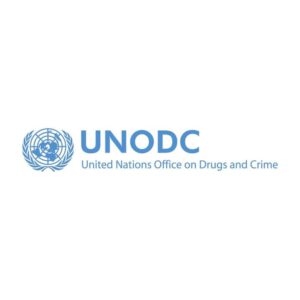
Around 275 million people used drugs worldwide in 2020, while over 36 million people suffered from drug use disorders, according to the 2021 World Drug Report, released by the United Nations Office on Drugs and Crime (UNODC) on Thursday.
The 2018 National Drug Use Survey has shown that in Nigeria at that time there were around 14.3 million drug users of which close to three million suffered from a drug use disorder.
The World Drug Report further noted that in the last 24 years cannabis potency had increased by as much as four times in parts of the world, even as the percentage of adolescents who perceived the drug as harmful fell by as much as 40 per cent, despite evidence that cannabis use is associated with a variety of health and other harms, especially among regular long-term users.
This is a worrisome trend, considering that there are 11 million cannabis users in Nigeria, a third of whom seemed to be regular users with a need for drug counselling.
UNODC Executive Director Ghada Waly. said: “Lower perception of drug use risks has been linked to higher rates of drug use, and the findings of UNODC’s 2021 World Drug Report highlight the need to close the gap between perception and reality to educate young people and safeguard public health.”
He added that: “The theme of this year’s International Day against Drug Abuse and Illicit Trafficking is “Share facts on drugs. Save lives”, emphasizing “the importance of strengthening the evidence base and raising public awareness, so that the international community, governments, civil society, families and youth can make informed decisions, better target efforts to prevent and treat drug use, and tackle world drug challenges.”
In furtherance of this theme, in Nigeria UNODC in partnership with the Federal Ministry of Health, the National Drug Law Enforcement Agency and with the support of the European Union used the opportunity several knowledge products to enhance access to quality drug counselling and treatment, including the National Guidelines for the Treatment of Substance Use Disorder and the Standard Policy and Practice Guidelines for NDLEA Counsellors.
The new report shows that drug markets have swiftly resumed operations after the initial disruption at the onset of the pandemic; a burst that has triggered or accelerated certain pre-existing trafficking dynamics across the global drug market.
The report also noted that cocaine supply chains to Europe are diversifying, pushing prices down and quality up and thereby threatening Europe with a further expansion of the cocaine market. This is likely to widen the potential harm caused by the drug in the region.
The report also showed that COVID-19 has triggered innovation and adaptation in drug prevention and treatment services through more flexible models of service delivery, it showed that many countries have introduced or expanded telemedicine services due to the pandemic, which for drug users means that healthcare workers can now offer counselling or initial assessments over the telephone and use electronic systems to prescribe controlled substances.












